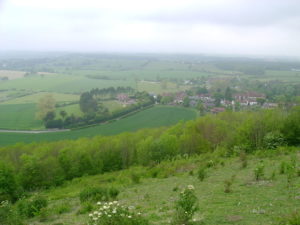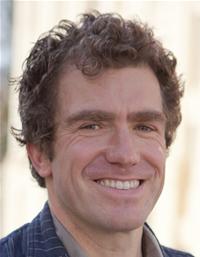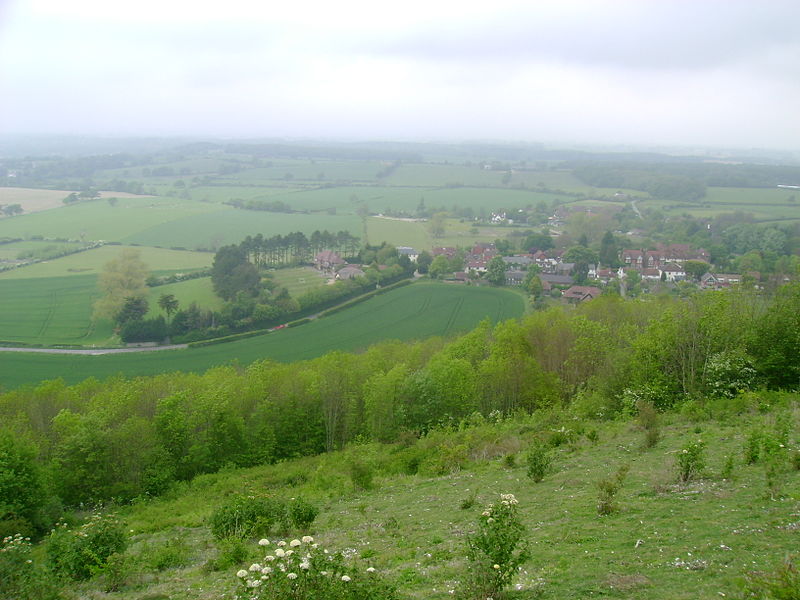Brighton and Hove City Council has scrapped the sale of two downland sites at Poynings and Plumpton after a public outcry prompted a review.
The decision is expected to rubberstamped at a policy committee meeting in early May.
Previously councillors were told that the money raised from selling the land would help fund the Stanmer Park restoration project.
But officials are now confident that they can raise the money that they need from other sources.
The council said today (Tuesday 21 March): “The council has been considering the sale of two small downland sites at Poynings and Plumpton for several years.
“The sale was previously approved by committee in 2014 and 2016. These heavily protected sites were due to be sold for continued agricultural use, not development.
“After reviewing the situation, a cross-party policy review panel has taken the view that the sites at Poynings and Plumpton should not be sold at this time.
“The panel’s recommendation was made after councillors looked at the council’s approach to the Downland Asset Management Policy and heard evidence from expert witnesses.

“The sale of the sites was due to generate an estimated £360,000 and, if approved at committee, would result in a shortfall of the projected budget.
“The cross-party working panel will meet for two further meetings to complete their review of the city’s Urban and Rural Asset Management Policy.
“The panel’s work includes hearing further evidence from local stakeholders and experts before reporting back with all their recommendations to May’s Policy, Resources and Growth Committee where the final decisions will be made.”
Green councillor Ollie Sykes, a member of the cross-party policy review panel, said: “Greens welcome the council’s announcement that finally ends the sale of two parts of our downland estate and have worked hard for this decision.
“Observers might wonder what the fuss was about and why people are concerned about selling agricultural land outside our city boundaries, when capital receipts are required for various projects around the city.
“One part of the answer to this question lies in the fate of land on the Devil’s Dyke estate sold recently by our council, on which ancient woodland trees have been felled in the past few weeks.

“A number of commentators, including the CEO of the South Downs National Park Authority, have stated that public ownership is the best protection for precious rural landholdings.
“At the root of public ownership lies democratic oversight. Sale, lease and change of use of land in public ownership is subject to scrutiny by members of the public and by elected representatives.
“Land in private ownership is not, even if it is protected by national designations for biodiversity, heritage, landscape, water provision and public rights of way.
“My big fear through this process was that if these parcels of land were sold, the enforcement of designations protecting their status and social value would pass to a suite of chronically under-resourced public sector bodies whose environmental protection mandate continues to be diluted by national government.
“Also some of the existing protections are only in place because of European legislation, which may soon become irrelevant.
“The South Downs is an iconic landscape and habitat of huge importance to our city and nationally. It’s great news that we’re not going to sell it off bit by bit.”
Chris Todd, from Brighton and Hove Friends of the Earth, said: “It’s welcome news that these downland sites will be safeguarded by continued public ownership.
“This is a vindication of our belief that enough money had already been raised without the need to sell these important assets.
“Following the recent protests in Eastbourne and Brighton, politicians across Sussex have been reminded just how strongly people feel about their ownership of the South Downs.
“Rather than seeing these landholdings as liabilities, councils need to start making more of their benefits.”








